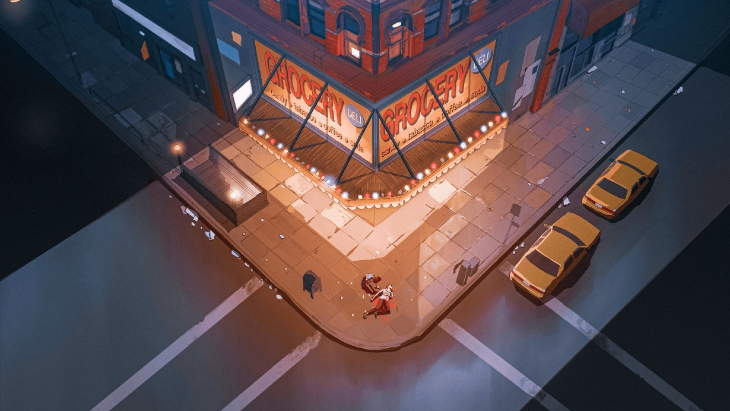
Former Mass Effect senior gameplay designer Manveer Heir has formed a new studio- Brass Lion Entertainment- along with former developers from Mass Effect, Sleeping Dogs, and Bethesda.
Heir left BioWare under a dark cloud in 2017, after racist comments against whites he made on Twitter [1, 2, 3, 4] resulting in a petition to BioWare’s parent company Electronic Arts (EA) to fire Heir.
Speaking via a Medium blog post, Heir revealed he had been working on building “a diverse, inclusive entertainment studio” (as the title goes) since 2017.
“Brass Lion is focused on creating original fictional universes that center on Black and Brown characters, cultures, and stories, something we feel is sorely lacking right now. Brass Lion is founded by Bryna Dabby Smith, Rashad Redic, and myself, Manveer Heir. Between us, we’ve worked on numerous award-winning video games such as Fallout 3, Mass Effect 3, The Elder Scrolls V: Skyrim, and Sleeping Dogs and we look forward to bringing this expertise towards building our own franchises that can take form in video games, film, TV, comics, novels, podcasts, and other forms of media.”
[…]
“It’s no secret that the video game industry workforce in North America is predominantly white and male, and that those homogeneous creative voices are disproportionately in charge of creative in games, compared to the demographics of the players. While there is a push to diversify the representation of characters and stories in games, it’s happening fairly slowly and often without the inclusion of creatives and developers who represent that diverse tapestry. As a result, we are left with an industry that often misses the mark when it comes to representing our collective communities and cultures.
Our goal at Brass Lion Entertainment is to diversify the video game industry, one fictional universe at a time, and expand them into other forms of entertainment, such as film, TV, comics, and podcasts. We want to let all players be delighted by our franchises, no matter what their background and preferred medium is. Properties like Black Panther show that you can authentically center Black and Brown characters and creatives and still reach a global audience. We hope to use that as a model of how to build up our own original universes, the first of which we are excited to announce today.”
The studio’s first project is Corner Wolves. Set in mid-90s Harlem, young “Afro-Latina” Jacinte searches for her father’s killer. All while her life is impacted by the war on drugs- catching her “between dope dealers, hustlers, and overzealous police.” While originally planned as an “interactive project”, Heir states that the game’s universe will also come to “multiple media, both linear and interactive.”
Staff involved with the project include writing by Even Narcisse (Rise of the Black Panther), music supervision by Just Blaze (The Blueprint, The Black Album, Take Care, Good Kid, M.A.A.D City, and Lemonade). Both also grew up in the New York area and “have a relationship with Harlem.”
In an interview with Game Informer, Heir revealed more about the project as well as fellow founders and chief visionary officers Rashad Redi (former Bethesda environment artist), and Bryna Dabby Smith (Sleeping Dogs).
While issues of racism are not prominent in Jacinte’s mind, they do affect her life and are beyond her control. “What I think you do is create the systems in a way that supports your thesis, that supports the themes and motifs of the game, of the story,” says Heir.
“And then you make sure that it is embedded in all the different systems of the game. If you think how racism works in the real world, it’s embedded in all of our real systems. It’s embedded in the school system already. It’s embedded in the policing already. It’s embedded in job applications already. […] I think that higher-level point of view, and that control [players] don’t have – I think that’s what I want people to experience. You don’t always get to be the hero in our world because literally the rest of the world doesn’t let you.”
Jacinte is able to speak to different groups in different ways (code switching), getting different responses in turn.
Heir also discussed the video-game industry’s make up at large.
“Something that people say is, ‘Well, we just hire the best people,’” Heir says. “But when you look at the research you find out that meritocracy is kind of a lie. People really hire people that look like them, and they use words like ‘culture fit’ or ‘not a culture fit’ to push out people who maybe don’t fit in but have a diversity of ideas.”